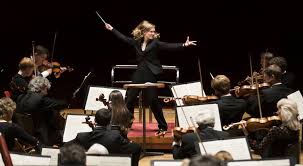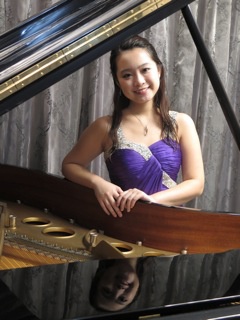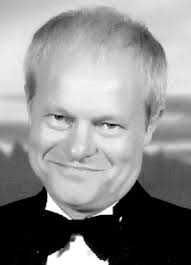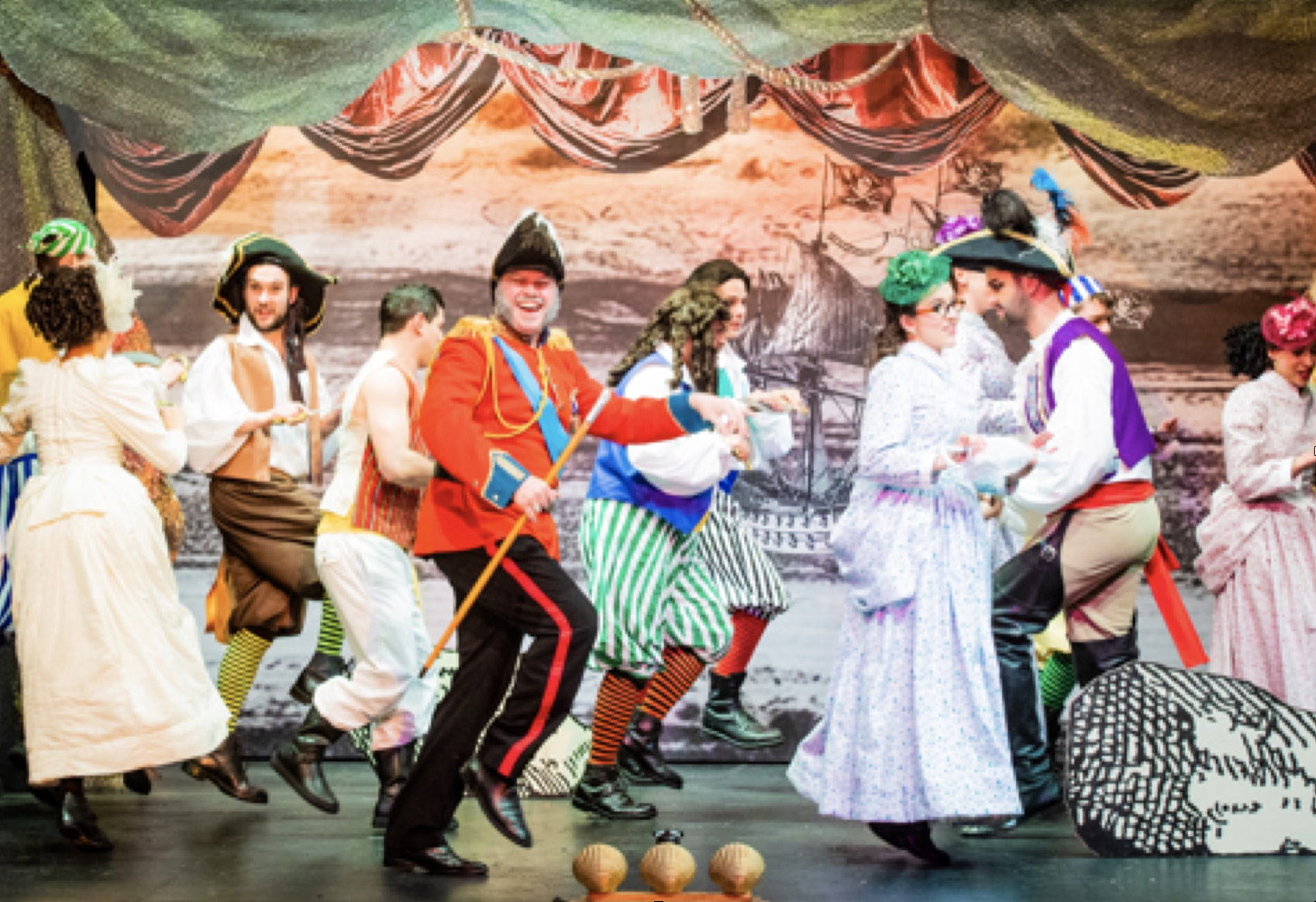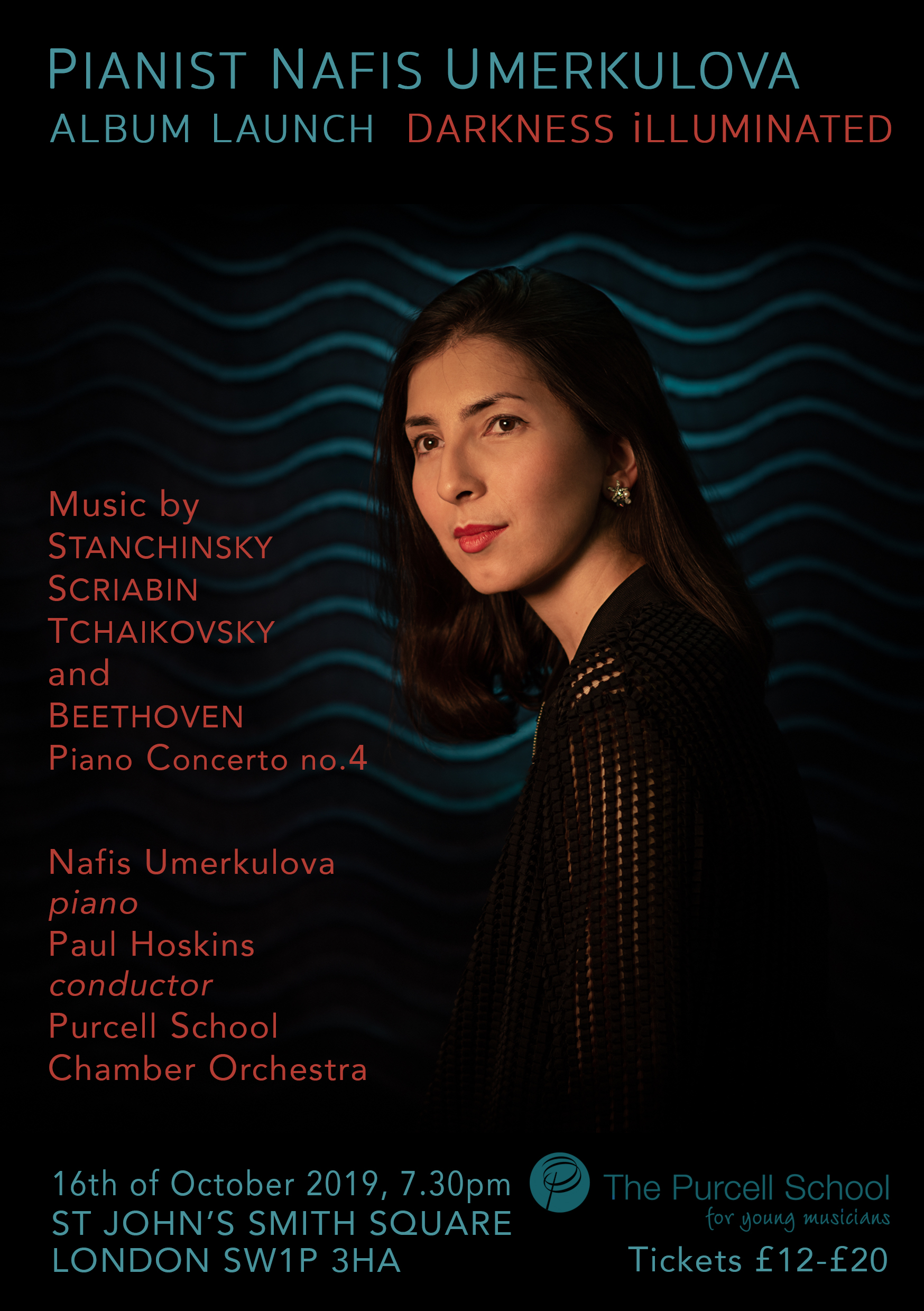30 September: English National Opera (ENO) has unveiled a new annual project to redesign the safety curtain in the world-famous London Coliseum’s auditorium.
Named in honour of long-standing and beloved ENO collaborator Sir Jonathan Miller, the new Jonathan Miller Safety Curtain will be commissioned each season, giving the London Coliseum a canvas to showcase new and innovative design. Each year a new artist will be invited to design the curtain.
Luke Edward Hall is the first artist to undertake this project, having kindly volunteered his time to create the new curtain artwork. Luke’s new curtain was unveiled in the Coliseum’s auditorium today (Monday 30 September) and will take centre stage throughout ENO’s 19/20 season.
Described by Vogue as interior design’s ‘wunderkind’, the London-based artist, designer and writer established his studio in 2015. His love of history and the classics inspire his playfully colourful works and he acknowledges the influence of ENO’s upcoming Orpheus series in the curtain’s final design:
‘I’m delighted to have worked on a new design for the safety curtain at the Coliseum, and to be the first artist involved in ENO’s exciting new scheme. My inspiration for the design came from the Coliseum itself and the Roman grandeur of its richly decorated interior. I drew upon my love of the mythology of Ancient Greece and Rome and created a scene in which Orpheus, the legendary poet and musician, is seen playing his violin beside the lyre-playing Apollo, god of music and dance. I wanted the atmosphere to feel magical, mysterious and dreamlike. I believe opera and theatre should transport viewers from their ordinary everyday existences to a place of fantasy – I hope my design will help to prepare them for the adventure.’
The curtain’s namesake, the director Sir Jonathan Miller, has worked with ENO for over 4 decades, directing 15 productions that have become the heart of ENO’s repertoire. Sir Jonathan was celebrated in 2016 with Marvellous Miller, an evening-length tribute at London Coliseum. Having trained as a doctor, Sir Jonathan went on to build an international career as a writer, presenter and theatre director. He directed his first opera in 1974 before working with ENO for The Marriage of Figaro in 1978. Sir Jonathan was knighted in 2002 for services to music and the arts. He is also a Fellow of the Royal College of Physicians and a Foreign Member of the American Academy of Arts and Science. His inventive staging of The Mikado will take over London Coliseum once again this season, transporting Gilbert & Sullivan’s operetta to an English seaside hotel.
Sir Jonathan believes it is best to: ‘Be safe with your audiences so you can be wild and original with your work’, making the new safety curtain a fitting tribute to the bold director with his audience at the heart of every vision.
ENO Chairman Dr Harry Brünjes says: ‘Sir Jonathan Miller’s operas have become some of our best loved productions. It seemed only right that we name the new curtain after him, in honour of his work’s continued presence on our stage. All at ENO would also like to extend our gratitude to Luke Edward Hall, for the fantastic new artwork that he has kindly gifted to the project.’ The curtain will continue London Coliseum’s reputation as a home to creativity, through opera, ballet, musicals, comedy and now art.
The traditional safety curtain typically guards the audience in a theatre auditorium. It is lowered during intervals and when the stage is not in use, as a precaution in case of fire backstage. The current curtain has been in place since the Coliseum’s auditorium was renovated in 2004.

